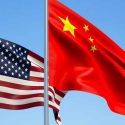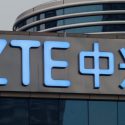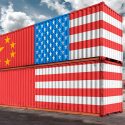CFIUS Orders Grindr’s Chinese Owner to Divest
Is a dating app a national security asset? Yes, in some cases. Foreign investment in U.S. businesses that collect and maintain U.S. citizens’ sensitive personal data is subject to national security reviews by CFIUS. From social networking to financial services to healthcare to consumer retail, companies across sectors collect, maintain, and have access to the sensitive personal data of U.S. citizens. The implications of the personal data-national security nexus are potentially wide-ranging for foreign investment in U.S. businesses.







